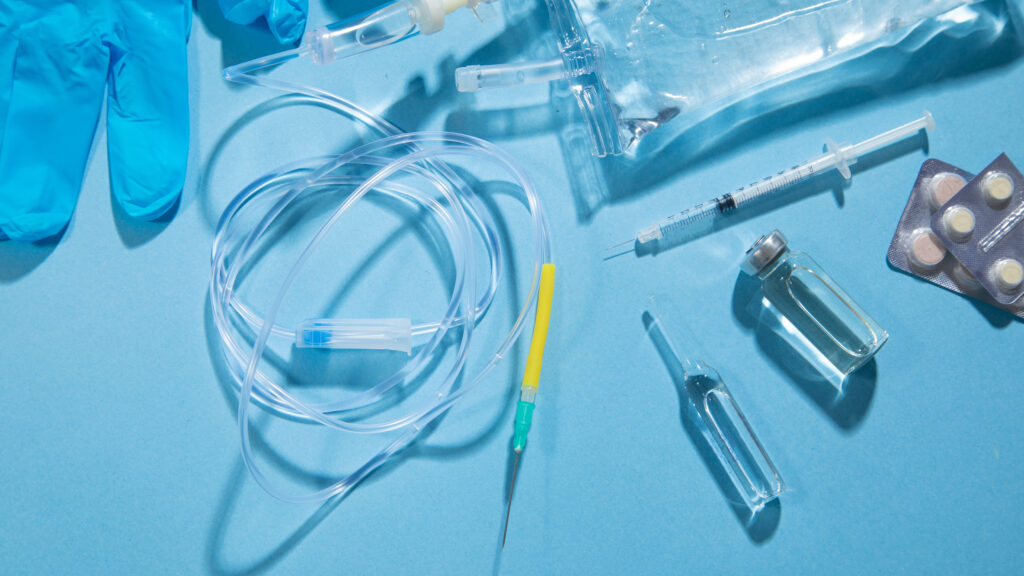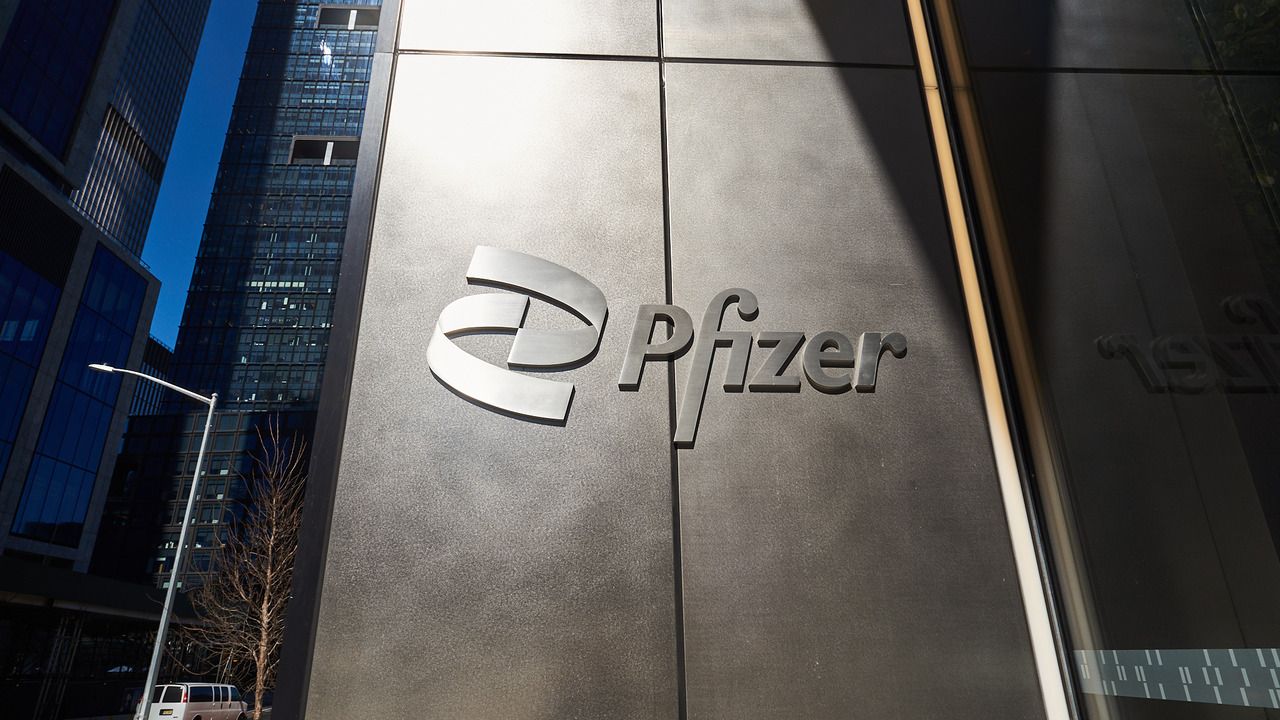[ad_1]

This year’s Nobel Prize in Physiology or Medicine has been awarded to three scientists for their work on regulatory T-cells (Tregs), research that has fuelled a well-stocked pipeline of potential new therapies for cancer and autoimmune diseases.
Profs Mary Brunkow and Fred Ramsdell of the US and Prof Shimon Sakaguchi of Japan have shared the prize fund – worth SEK 11 million (nearly $1.2 million) – for their ground-breaking discoveries concerning peripheral immune tolerance, orchestrated by Tregs, that prevents the immune system from harming the body.
“Their discoveries have been decisive for our understanding of how the immune system functions and why we do not all develop serious autoimmune diseases,” said Olle Kämpe, chair of the Nobel Committee.
Sakaguchi made the first key discovery in 1995, at a time when the prevailing wisdom was that immune tolerance only developed due to potentially harmful immune cells being eliminated in the thymus, through a process called central tolerance. He showed that the immune system is more complex and discovered the previously unknown Treg class of immune cells that act around the body, not just in the thymus.
Brunkow and Ramsdell made the other key finding in 2001, when they discovered why a specific mouse strain was particularly vulnerable to autoimmune diseases, linking that to a mutation in the Foxp3 gene that is also associated with a serious autoimmune disease, IPEX, in humans.
Two years later, Sakaguchi linked the discoveries by proving that Foxp3 governs the development of Tregs, and a new field of peripheral tolerance research started in earnest, with an estimated 200 clinical trials ongoing for drugs based on or interacting with the cells.
Treg cell therapies are now being explored as treatments for autoimmune diseases like rheumatoid arthritis, multiple sclerosis, and type 1 diabetes, as well as to prevent organ transplant rejection, while they are also being modified to restore and strengthen immune responses to malignant cells.
Examples that have reached clinical testing include Quell Therapeutics’ QEL-001, partnered with AstraZeneca and in a phase 1/2 trial in liver transplant patients, Nektar Therapeutics’ rezpegaldesleukin (NKTR-358) in phase 2 for atopic dermatitis and alopecia areata, and Orca Bio’s Orca-T in late-stage testing for various blood cancers.
Last year’s Nobel Prize in Physiology or Medicine was awarded to Victor Ambros and Gary Ruvkun for their discovery of microRNA, a class of RNA molecules that play a crucial role in gene regulation. In 2023, it went to Katalin Karikó and Drew Weissman for their work on technology that led to the development of mRNA-based COVID-19 vaccines.
[ad_2]
Source link









